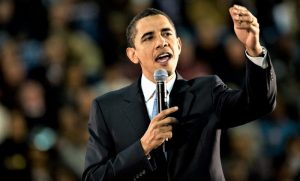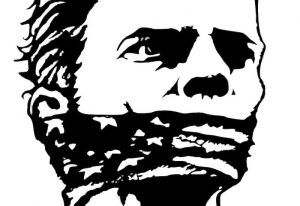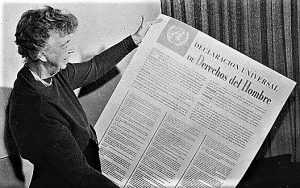Executive branch
The executive branch is the administrative arm of government and is therefore, also considered to be the administration or administrative branch; it is the power with the largest number of employees as it operates, implements, and enforces all laws created by the Legislative branch, and as interpreted from time to time by the judiciary.
What is executive branch?
It is the power of the State whose function is to guarantee the fulfillment of all the laws that are developed and established through the legislative branch and that are administered in turn by the judicial branch.
About the executive branch
The executive branch is always led by a president, a head of government or a prime minister who has the power to elect his ministers and secretaries, who are responsible for the economy, health, tourism and so on. He or she is responsible for the decision-making and administration of the government, administers the country and takes decisions on the various issues that concern the society, he or she is responsible for governing.
Characteristics
The main characteristics of the executive branch are the following:
- The president and vice-president of the executive branch are elected by the people according to the norms and rules of each region.
- Elections are usually held by popular and secret vote.
- It usually lasts between two and six years and the president becomes the nation’s chief executive.
- Behind the hierarchy of the president are the ministers who are not elected by the people but by the president.
- It has the power to issue decrees and regulations that must be respected and complied with by citizens.
- After a law has been passed by the legislature, the president has the power to enact it or veto it if he deems it necessary.
Functions
They must strengthen and enforce the laws so that, they are always enforced and thus maintain order within the State. They must perform administrative and financial functions to promote the development of the country’s economy, and they do this by preparing annual budgets, administering wealth, promoting new taxes and selecting the best ways for the country to have an economic income. It formulates the necessary aspects for foreign policy and establishes the interests and priorities of the nation. It is in charge of developing and signing treaties between countries and negotiating within the framework of the law.
It is also in charge of regulating internal politics, developing policies in matters of health, education, culture, protection of nature and the creation of national parks. One of its basic functions is to provide protection and defend peace, as well as to delegate functions through the different organs of the State.
Who represents the executive branch
The main and highest representative of the executive branch is the president of a country. This representative also has the collaboration of the vice-president, the members of the cabinet and the ministers who are appointed by him.
Attributions
The executive branch has the following powers or attributions:
- Maintain the order and tranquility of the whole Nation.
- To arrange the collection and investment of national income in accordance with the law.
- Monitor the proper functioning of services and dependencies.
- To enter into agreements, public treaties and concordats, promulgate them and execute them.
- To direct the international relations of the Republic.
- Receive heads of state as well as diplomatic representatives.
- Summon the Legislative Assembly to ordinary and extraordinary
- To sanction and promulgate laws, regulate them, execute them and ensure their exact fulfillment.
Duration
The duration of the executive branch in office will be the same as the duration of the president of the nation and this is established in the Political Constitution of each country.
Background
In ancient times it was represented by monarchs, princes, governors and other existing forms of rulers. In ancient Rome, citizens voted to elect their magistrates and these assemblies were known as elections. In the case of the monarchies, they handled the monarchic absolutism and the king was the only one who commanded and placed restrictions under his own will.
In Athens, the authority was the assembly or ecclesia which was formed by Athenian citizens and they were the ones who made the laws, sometime later a body was created composed of older people to oversee the ecclesia, which was known by the name of Senate or Bule, and all laws had to go through them first before being approved.
History
In primitive states, Greece and Rome, the monarchs exercised all powers of government. Over time the powers were ceded to magistrates, but the monarchs always kept the power. When ceding the powers, the monarchs were left with a power that they did not cede by multiple and complex, which is what from the times of Montesquieu, is known with the name of executive branch.
Importance
The importance of the executive branch lies in the fact that it is the entity in charge of executing the correct fulfillment of the laws, through the figure that it has as Head of State or President, being elected by means of the popular vote. It is responsible for directing the functions that govern a country, promote and manage the proper application of laws and enforce or invalidate them if necessary.
Executive branch by country
- Costa Rica: it is exercised by the president of the republic and government ministers who act as representatives of people. The president and vice-presidents are elected by vote every four years and there is no presidential reelection.
- Mexico: The president of the United Mexican States is elected by popular and secret vote every six years. Locally, it is exercised by the governors of the different states.
- Chile: it is a power that is associated with the government and interferes with the other powers of the country. It is represented by the president, the ministers of state and the undersecretaries.
How to cite this article?
Briceño V., Gabriela. (2019). Executive branch. Recovered on 23 February, 2024, de Euston96: https://www.euston96.com/en/executive-branch/










